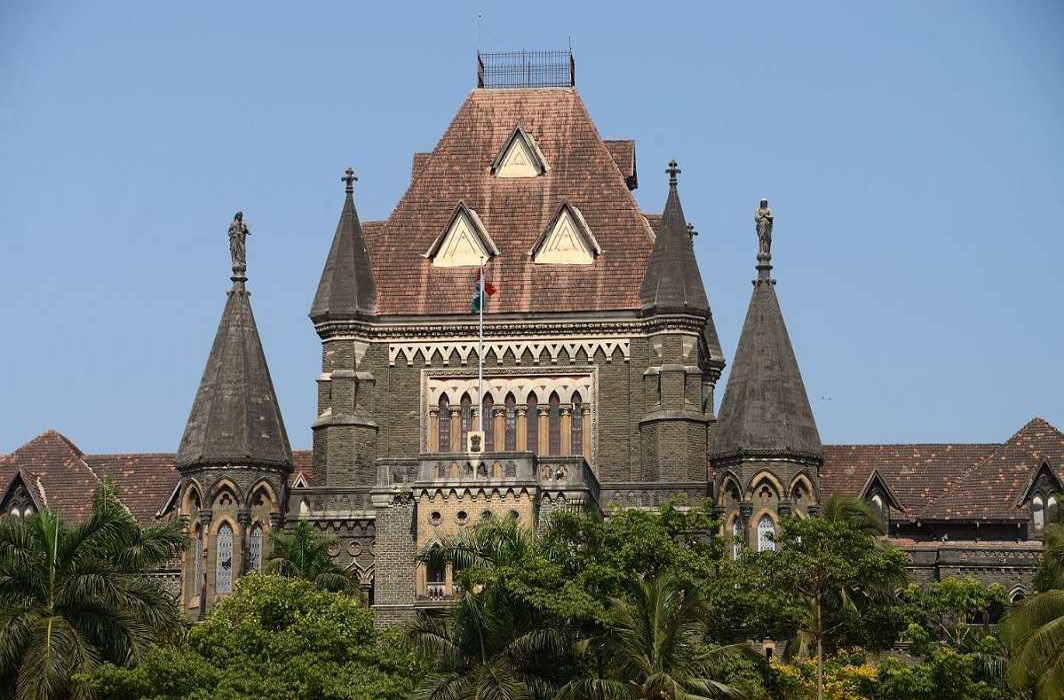The Bombay High Court dismissed a Public Interest Litigation (PIL) filed alleging that the action of the respondents authorities running a Solid Waste Management Processing Plant and actually using it as a dumping ground in violation of provisions contained, inter alia, in the Environment Protection Act, 1986 as illegal.
The Division Bench of Chief Justice Dipankar Datta and Justice Abhay Ahuja noted that the National Green Tribunal, Principal Bench, New Delhi was approached with similar grievance by two individuals who filed separate original applications and the said Tribunal by its order dated 3rd March, 2022 has passed certain directions for compliance of the provisions of the said Act.
The Tribunal has also directed payment of compensation by the party which was entrusted by the Pune Municipal Corporation for handling and disposal of solid waste.
The Court was informed that from the order of the said Tribunal has been carried to the Supreme Court by the party which was made liable to pay compensation by the Tribunal and its direction for payment of compensation has since been stayed by the Supreme Court.
It was observed by the High Court that is still in seisen of the proceedings before NGT having called for compliance report as on June 30, 2022. One reason for not entertaining the PIL petition is the pendency of the proceedings before the said Tribunal touching the same subject matter.
“The other reason is the decision of the Supreme Court in Bhopal Gas Peedith Mahila Udyog Sangathan vs. Union of India, reported in (2012) 8 SCC 326, which sounds a caution that the High Courts must not entertain petitions filed under Article 226 of the Constitution relating to any of the ‘Schedule’ enactments and ought to relegate the aggrieved party to the forum available under the National Green Tribunal Act, 2010. The said Act being a ‘Schedule’ enactment, the petitioner ought to approach the Tribunal if he is still aggrieved and is so advised”, further observed the High Court.


